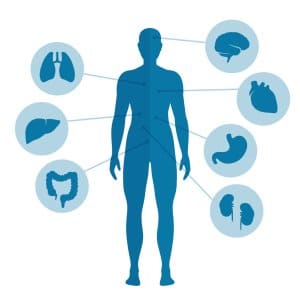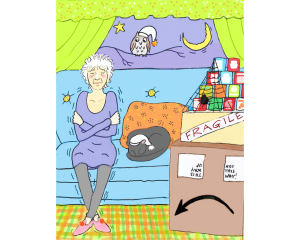In this blog for health professionals, Jenny Fortune (researcher), Emma Livingstone (CEO and Founder Up the Adult Cerebral Palsy Movement) and Valerie Stevenson (Neurologist and lead of the UCLH Cerebral Palsy Service) look at the occurrence of long-term conditions in adults with cerebral palsy and discuss how health professionals can use this information to support adults with cerebral palsy manage their health.












